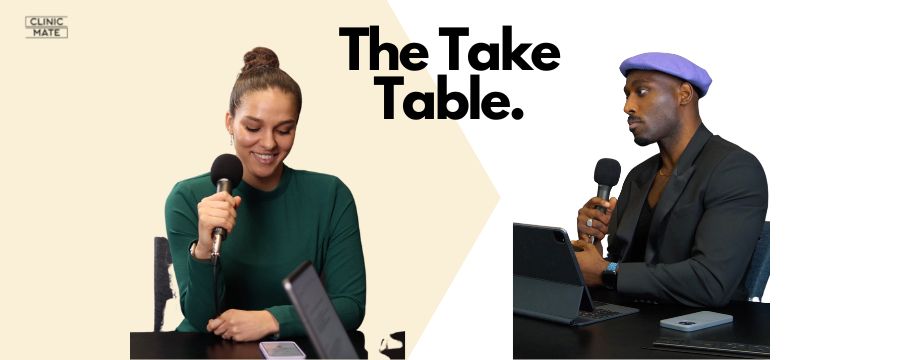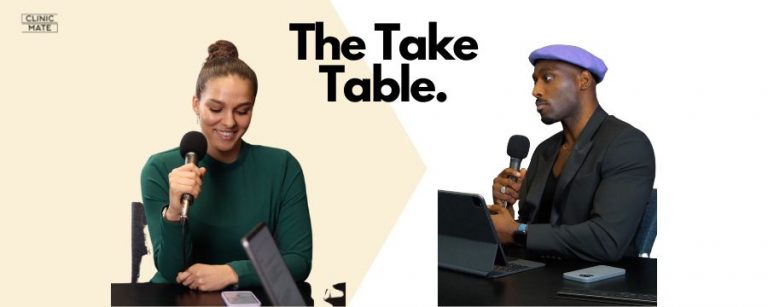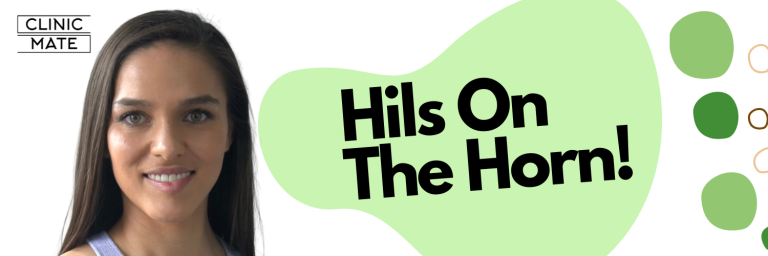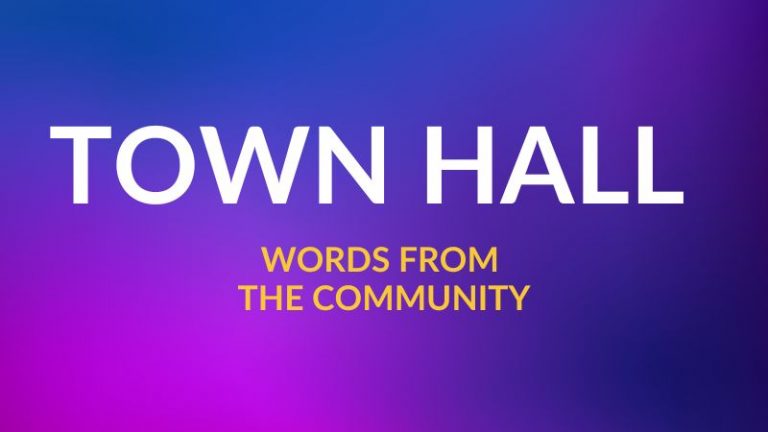Dr. Uche:
Clinical Team, Clinical Team, Clinical Team.
The tear jerking, miracle story of the person who was kept on life support and finally awoke from a deep coma after years is equally powerful as it is rare. Furthermore, there are systems in place to determine what is classed as ‘brain death’.
In the UK it is defined as: the irreversible loss of the capacity for consciousness, combined with irreversible loss of the capacity to breathe… and therefore irreversible cessation of the integrative function of the brainstem”
If a patient fulfils the criteria then medics have a moral responsibility, albeit not sentimental, to switch off life support. Any challenge to that is a challenge to defining or assessing brain death. Even in that circumstance, that is a debate among the clinical community, whether or not it has input from the public.
Hilary:
OK so, it is WILD to me that anyone but me or my legally designated health advocate… would have a say when I die. If I don’t expressly relinquish that right and I am terminated without my pre-established go ahead (via an advance directive)… I’m going to call that murder.
In the United States this has been a massively contentious issue going all the way to the Supreme Court during my childhood. The laws are so murky that in many states the patient may not even have a “right to die.” The only thing I relinquish to my medical provider is the capacity to make decisions about how to keep me alive, not when they get to stop trying.
Whilst some may find certain medical interventions “undignified” attitudes and behaviours around death are utterly personal and sacred to the individual. For medical doctors or state actors to be able to make this determination on behalf of patients, especially in health systems where healthcare is already being rationed, is a very scary thing.
*Disclaimer: All opinions expressed on this platform are those of the individuals and not representative of any particular institution. This is not to be taken as medical advice.




